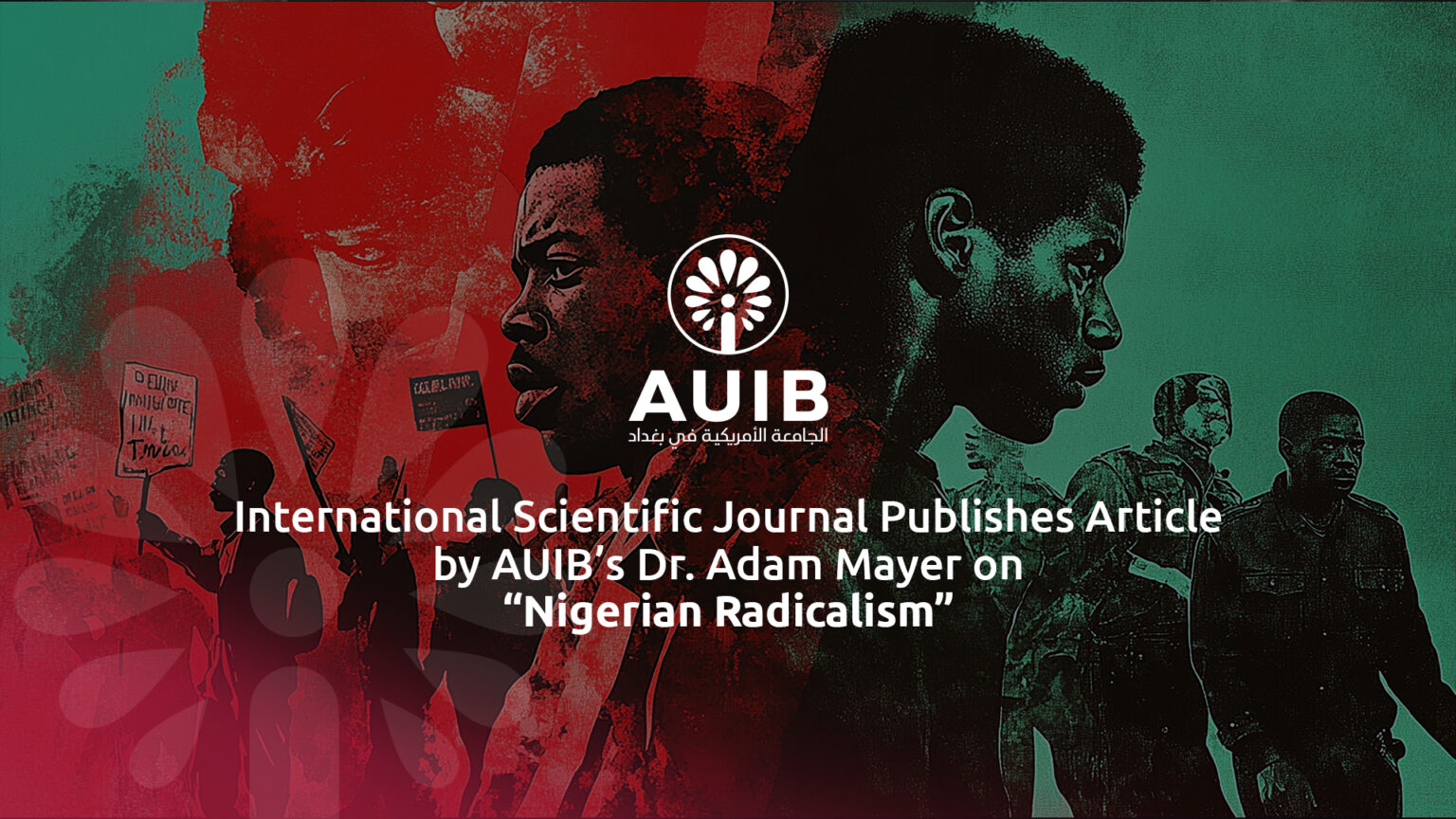In Nigeria, “radicalism is firmly rooted in democratic values and a human-rights framework,” where “Marxisant theory and praxis, feminism, human rights and pro-democracy movements interact with emancipatory strands of Islam, Christianity, Igbo Judaism, and animism,” but also political or activist art, in “defiance of the neo-colony,” writes Dr. Adam Mayer, Assistant Professor of International Relations and Security Studies at the American University of Iraq-Baghdad (AUIB), in his article “Nigerian Radicalism: Towards a New Definition via a Historical Survey,” published by the esteemed international scientific journal, “Historical Materialism.”
Dr. Mayer argues that Nigeria is “a militarized democracy, where liberal democratic institutions mask structures that are neither liberal nor democratic,” and where “ethnic uprisings find ways to establish common cause with social radicalism, posing a composite threat to the Prebendalist oligarchy that rules and oppresses the country via a militarized neoliberalism.” His article chronicles, in this context, the trade union movement, the student movement, and that of the liberal left, together with these movements’ cultural products, including music and literature. Dr. Mayer draws attention to the importance of Nigeria’s affairs to the world, noting the country’s share of global oil output and its geopolitical significance, amidst the heightening of the struggle for Africa between multiple global players and the wave of coups witnessed in the Sahel region.
The article may be accessed via the following link:
